Keywords: Faith
There are more than 200 results, only the first 200 are displayed here.
-
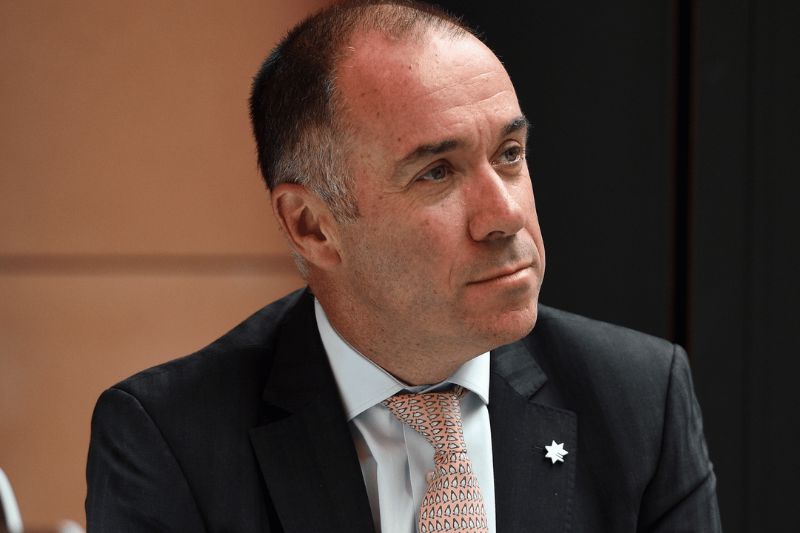
AUSTRALIA
- Chris Middleton
- 10 October 2022
18 Comments
It is highly doubtful that the Essendon Football Club appreciated the reaction that would occur when it presented its new CEO, Andrew Thorburn, with the option of giving up his role as a lay leader in the City on a Hill Anglican Church or resigning from his role with the Club. Even if many were uneasy about how the issue was caught up in the culture wars, it caused widespread concerns amongst people of faith.
READ MORE 
-

AUSTRALIA
- Barry Gittins, Tim Costello
- 07 October 2022
1 Comment
Reverend Tim Costello's informal status as a nagging conscience to many Australian governments, including the Howard government in which his brother Peter served as federal treasurer, was formally acknowledged when the National Trust of Australia chose him as a ‘National Living Treasure’. Barry Gittins speaks to Tim Costello about the nature of power, and its place and exercise in public life.
READ MORE 
-
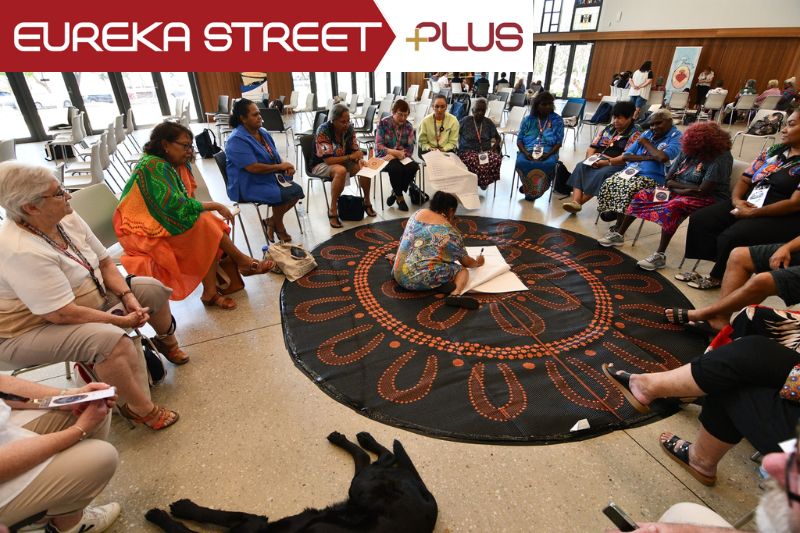
AUSTRALIA
- Michael McVeigh
- 30 September 2022
Too often our society’s approach, and our Church’s approach, to First Nations people is to judge, to destroy, and to impose. But there’s a different logic that sees any encounter between cultures as a gift. That logic seeks understanding rather than offering judgement; it looks for mutual growth rather than destruction; and it gives each person autonomy in choosing their own path forward.
READ MORE 
-

ARTS AND CULTURE
- Emma Wilkins
- 27 September 2022
2 Comments
There's an assumption that writers shouldn’t be writing about groups they don't belong to, as if this couldn’t be done with honesty and insight, respect and restraint. Difficult, yes, but impossible? Whether in fiction or non-fiction, outsiders might misunderstand and misrepresent the people they depict, but sometimes, insiders will too. Sometimes, outsiders will lack insight, but sometimes, when they’re curious, attentive, when they do not overreach, they’ll capture truth.
READ MORE 
-

INTERNATIONAL
- David Halliday, Axel Bruns
- 22 September 2022
Despite our differing social and cultural beliefs, we can mostly agree that we live in highly polarised times. But what divides us? ARC Laureate Fellow Prof. Axel Bruns studies social polarisation, and in this discussion we explore the drivers of polarisation, examining the role that digital and social media and broader social and political contexts play in intensifying social conflicts, threatening economic prosperity, undermining public trust, and ultimately destabilising societies.
READ MORE 
-
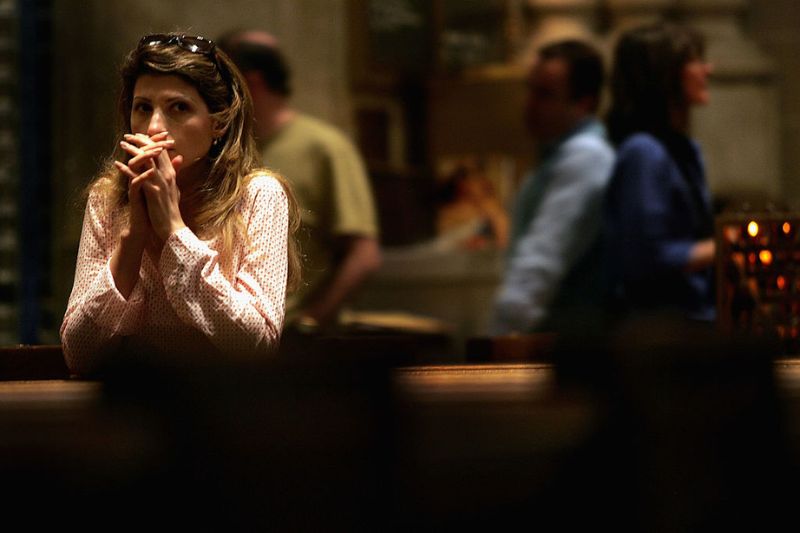
RELIGION
- Terry A. Veling
- 20 September 2022
5 Comments
The beauty of questions is they remind us that we do not know, even as they lure us into their openness. Questions are rarely ever closed or settled. Honner’s books are built around questions. ‘If God made the world, who made God?’ Or, leaving behind pure speculation, ‘Why doesn’t God answer my prayers?’ These are deep mysteries, but they are not meaningless mysteries, Honner says.
READ MORE 
-

RELIGION
- Paul Collins
- 20 September 2022
5 Comments
The word ‘Catholic’ is derived from the Greek Καθολικός (katholikos) meaning universal, of the whole, and the entire tradition is the very opposite of sectarian, particularist, narrow. It is most truly itself when it’s embracing and inclusive.
READ MORE 
-
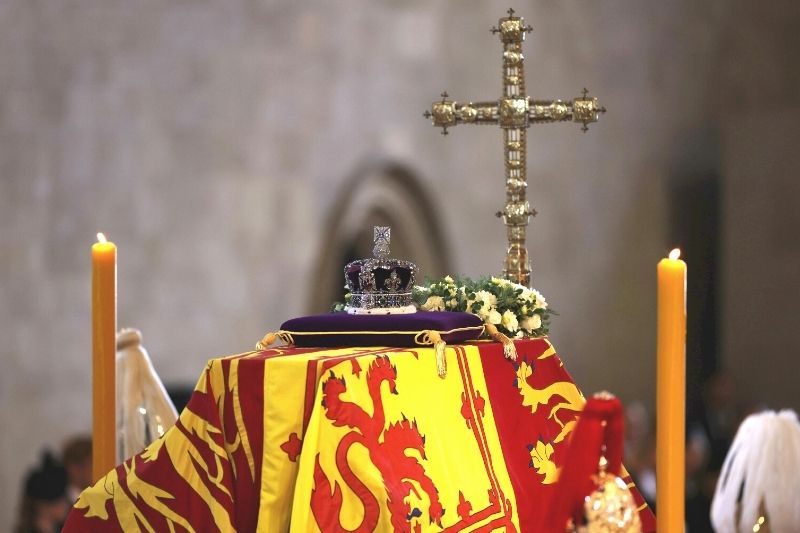
RELIGION
- Miles Pattenden
- 15 September 2022
4 Comments
The Queen’s life of overt public religion — which led her to become perhaps the twentieth century’s greatest Christian evangelist — was grounded in her conviction in the Gospels’ truth. And she interpreted Jesus’ story generously and ecumenically, broadening her role from the narrow Anglican identity of Supreme Governor of the Church of England to become an advocate by example for faiths of every kind.
READ MORE 
-
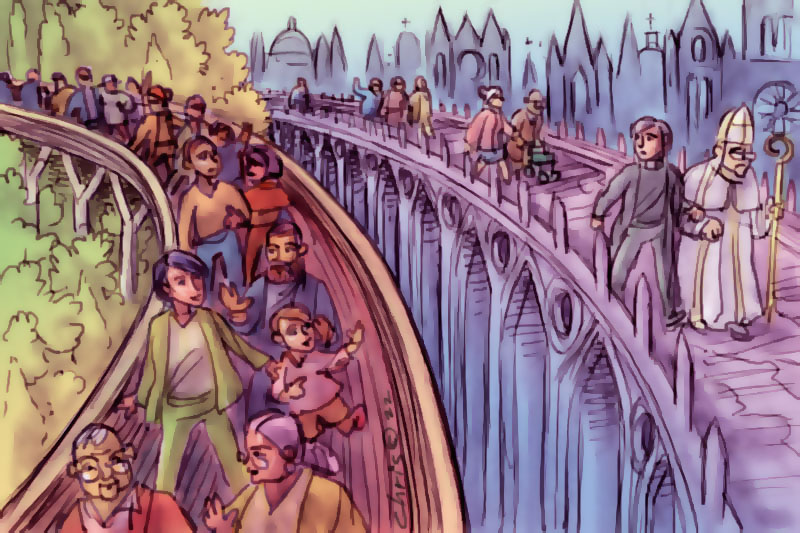
RELIGION
- Tracey Edstein
- 14 September 2022
6 Comments
There is no doubt that the institutional Catholic church has lost ground in the last few decades. But unlike the institutional Catholic church, the parallel church is thriving. As people seek to engage with their beliefs and live their lives of faith more deeply, many have come to embrace a spirituality which, framed by authentic Catholic tradition, encompasses an expanded array of practices.
READ MORE 
-
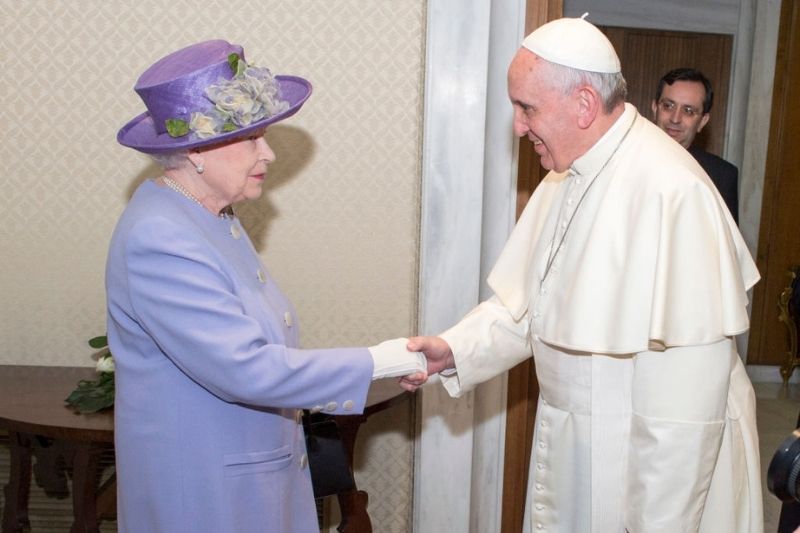
RELIGION
- John Warhurst
- 13 September 2022
7 Comments
Republican sentiments from prominent Australians did not ever preclude great personal admiration for Queen Elizabeth for her devotion and service. Now, following her death, attention has particularly turned to her Christian faith. Following the lead of Pope Francis, the Australian bishops have joined in widespread community admiration. Pope Francis spoke of ‘her steadfast witness of faith in Jesus Christ and her firm hope in her promises’.
READ MORE 
-
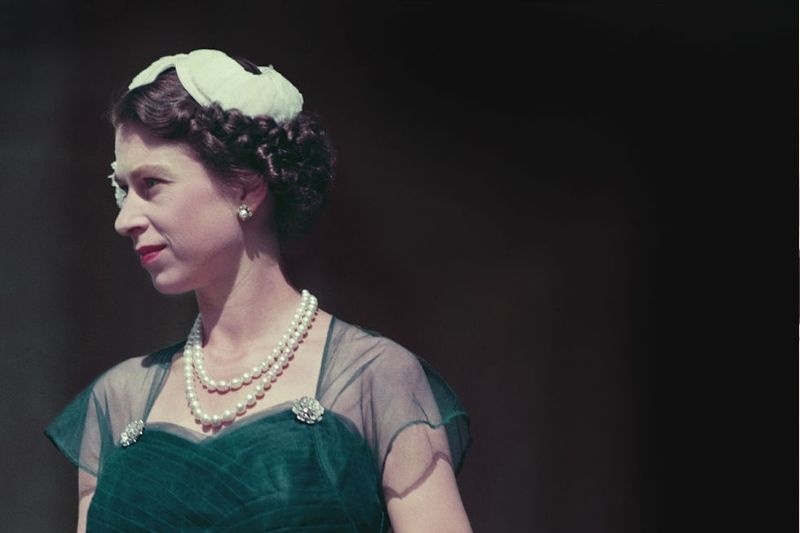
INTERNATIONAL
- Michael McGirr
- 12 September 2022
13 Comments
My mother often reminded us that she was the same age as the queen. They were both stoic to the point of being difficult to understand. There was never any doubt that, living by their lights, they would spend every breath doing what they felt called to do. Self-indulgence was hardly part of their vocabulary; along with that, they didn’t indulge others much either. The generation of 1926 was made of sturdy timber.
READ MORE 
-
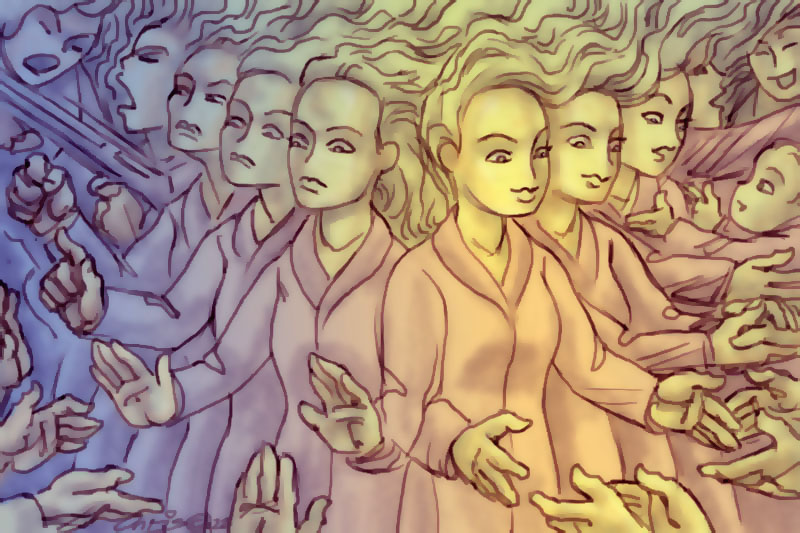
ARTS AND CULTURE
- Barry Gittins
- 05 September 2022
2 Comments
Philosopher George Santayana sagely pronounced, ‘Those who cannot remember the past are condemned to repeat it.’ Yet that repetition is part of being human. We are creatures of habit and don’t necessarily notice or learn from our thoughts and deeds. Nor do we necessarily want to be made aware of that lack of learning.
READ MORE 